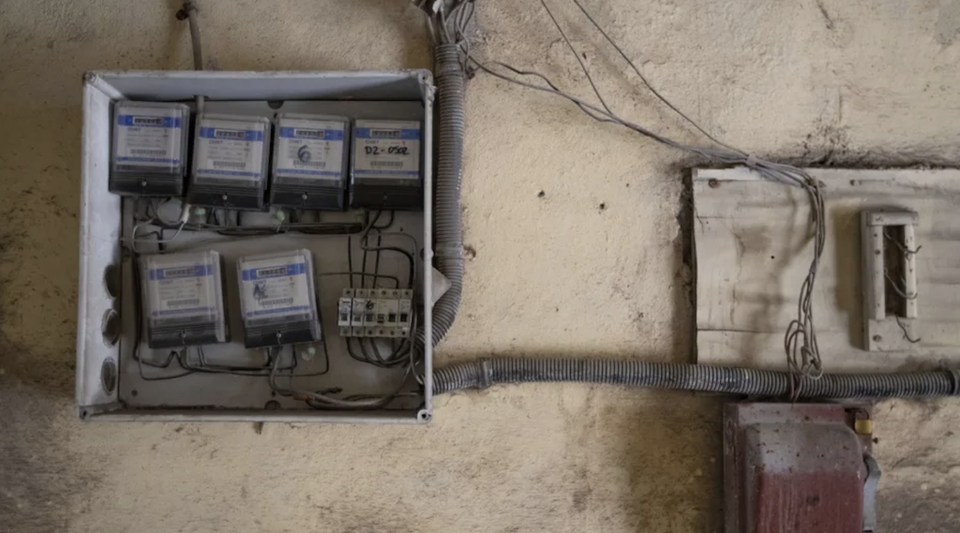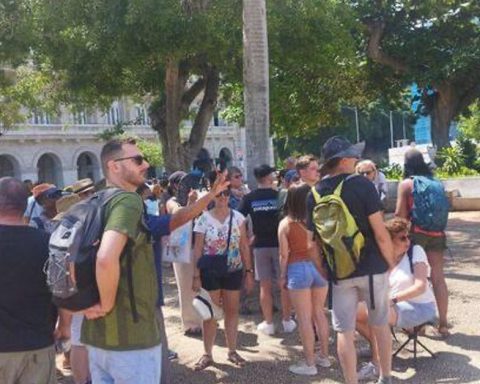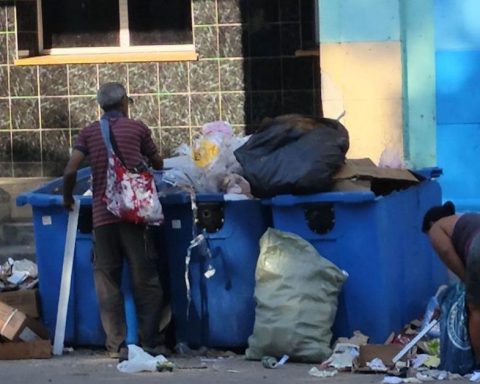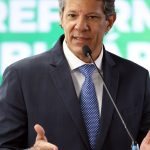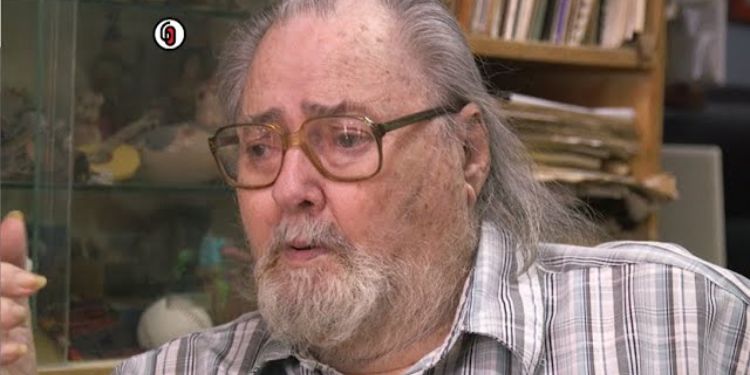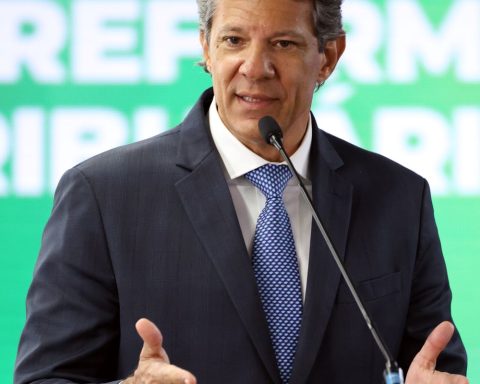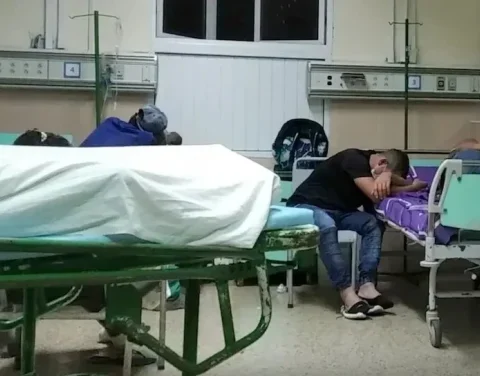(EFE).- Cuba faces 2023 with an energy situation “undoubtedly better” than this year, said the technical director of the state-owned company Unión Eléctrica (UNE), Lázaro Guerra, in an interview with EFE, who nevertheless acknowledges that cannot guarantee that blackouts will not return.
After a year with months of daily and prolonged power cuts, the UNE is preparing the strategy for the hottest months of 2023, the period of “greatest energy requirement”.
In the company, he adds, they are “extremely aware” of the repercussions of the blackouts on “economic growth” and the “well-being of the population”, alluding to the protests over the power cuts on the island.
“Without a doubt the situation is better,” Guerra said by phone, who in recent months has become a media personality in Cuba by appearing daily on the news to report on the situation of the National Electric System (SEN).
However, he qualifies, it cannot be guaranteed at this time that there will not be supply cuts again throughout the year: “Guarantee is a bit of a strong word.”
“The increases we have achieved cannot ensure sustainability”
after six days no deficitthe UNE forecast for this Friday an affectation of 60 megawatts (MW), equivalent to 2% of the demand in the hours of greatest consumption.
The weak point is in thermal generation, which “is not in good condition.” Seven of the eight thermoelectric plants in the country have exceeded the 30-year average life of this type of facility and also without complying with adequate maintenance.
“There is a chance that one will go out of service” during 2023, acknowledges the technical director of the UNE. This has happened many times this year, especially with the Antonio Guiteras thermoelectric plant, one of the largest on the island.
Guerra stresses that an “increase in availability” of energy has been achieved in recent weeks, but it is still insufficient: “The increases we have achieved cannot ensure sustainability.”
The data of the last months support his words. Blackouts have decreased markedly between the end of September – when the country was left in total darkness by Hurricane Ian – and mid-December.
According to UNE statistics collated by EFE, this is due to the fact that demand has fallen due to the seasonal drop in temperatures, but generation capacity has also risen in parallel.
This supply, however, still could not meet the average demand in the hottest months, when air conditioners and fans are turned on in homes, offices and stores.
Guerra assures that the average affectation in October was 1,159 MW, while so far in December it stands at 330 MW.
“The population is very sensitive” to blackouts, says Guerra
This is due, he explains, to the fact that the Varadero gas plant has come into operation, the contribution of diesel and fuel engines has increased and, finally, several thermoelectric plants are delivering more energy to the SEN, after some “light maintenance”.
Cuba is now “reaping the fruits” of the last months of work, although “this does not mean that the problem is resolved,” underscores Guerra.
Guerra stresses that the UNE is very aware that many other areas fall on the shoulders of the SEN because the energy sector is “strategic” and “transversal”.
“We are aware of the absolute responsibility we have for economic growth and the well-being of the population. We work tirelessly to guarantee them,” he says.
The Minister of Economy and Planning, Alejandro Gil, recently acknowledged before the National Assembly that it had been decided to stop some companies in the country to cut blackouts on the population, which had an impact on national production.
After an estimated growth of the gross domestic product (GDP) of 2% for this year, the Cuban government aims to grow 3% in 2023, a goal that if achieved will still leave the island below pre-pandemic levels.
Cuba has suffered a serious crisis for two years due to the combination of the pandemic, the tightening of US sanctions and the errors in its economic and monetary policies.
The cuts in the electricity supply, moreover, have been one of the main factors of social discontent this year. The biggest protests this year took place after the collapse of the SEN in the wake of Hurricane Ian.
“The population is very sensitive” to blackouts, says Guerra.
________________________
Collaborate with our work:
The team of 14ymedio He is committed to doing serious journalism that reflects the reality of deep Cuba. Thank you for accompanying us on this long road. We invite you to continue supporting us, but this time becoming a member of our newspaper. Together we can continue transforming journalism in Cuba.
